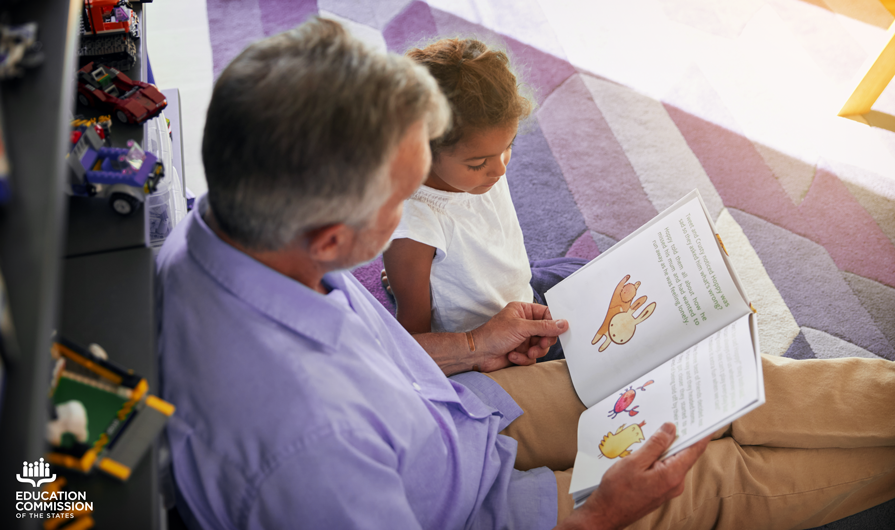Becky Bailey, founder of Conscious Discipline, says, “No significant learning can occur without significant relationships. Connection is the key.” Students need to connect to each other, to their teacher and to their motivation to learn. How can educators and policymakers ensure a connected learning experience in a time of social distancing and remote learning?
Like many educational nonprofits in the U.S. this year, The Learning Alliance had to adapt to COVID-19's impact on educating students in person. Located in Indian River County Florida, TLA has established a community-wide Moonshot Moment goal of 90% literacy by third grade. A vision for all children to become literate, compassionate, creative citizens who will improve our world has led to TLA’s Moonshot Academy, an afterschool and summer program conceived as a learning lab for both teachers and students. Teachers receive professional development and coaching to improve their practice in a non-evaluative environment. Students close gaps in foundational literacy skills while developing social emotional competencies and authentically applying their learning through arts integrated learning. TLA calls this our Enriched Literacy Framework.
The design of Moonshot Academy has evolved over eight years through collaboration with Kurt Wootton, co-founder of The Arts Literacy Project at Brown University, and Tina Blythe, researcher at Harvard’s Project Zero. Their work contributes powerfully to the curriculum. The program integrates the arts and visible thinking strategies to support learning at every level, bringing in community partners from the ballet, the museum and an environmental education organization in concert with individualized direct, explicit literacy instruction anchored in the science of reading. At Moonshot Academy, educators don‘t have to choose between teaching literacy or arts, foundational skills or social and emotional skills; our program uses a both/and approach to provide students with meaningful and relevant learning opportunities.
This summer, Moonshot Academy decided to move its program entirely online. Staff had six weeks to rework the curriculum, learn how to use digital platforms, communicate with families and train teachers. Staff took a curriculum designed to be delivered over a five-hour camp day and reconfigured it into three one-hour components: daily small group instruction with a 1:4 teacher to student ratio; daily 1:1 tutoring; and twice weekly enrichment classes provided by community partners. Staff provided flexible scheduling options to accommodate families’ needs. Teachers pivoted from in-person instruction to online teaching, blending synchronous and asynchronous lessons to ensure students connected through live social interaction. Ultimately teachers and students showed unbelievable creativity, innovation and resilience, exceeding their own expectations.
A few considerations for state policy makers and others from lessons learned this summer:
- Smaller teacher to student ratios. Effective interaction online, and safe interaction in person, demands smaller teacher to student ratios. State policy makers could consider allowing flexibility in class size requirements.
- Reliable internet access with functioning devices. It is not enough to have an old computer or unstable Wi-Fi connection; distance learning puts extraordinary demands on devices and on existing bandwidth. State policy makers could help districts ensure equity of access.
- Adapt, don’t just transfer. Impactful instruction intentionally dissolves the screen and embraces the possibilities of virtual learning. State policy makers and curriculum companies could support districts to adapt existing curriculum while maintaining high expectations of students.
- Ongoing and responsive professional development. State policy makers could encourage districts to incorporate training for educators to effectively utilize relevant digital tools in their instructional practice.
Flexibility is key in uncertain times, from the federal to the state to the local level. As we continue developing strategies to support students during these times, the lessons Moonshot Academy learned can be a starting point for educators and state policymakers to ensure all students are seen, connected and ready to learn.




